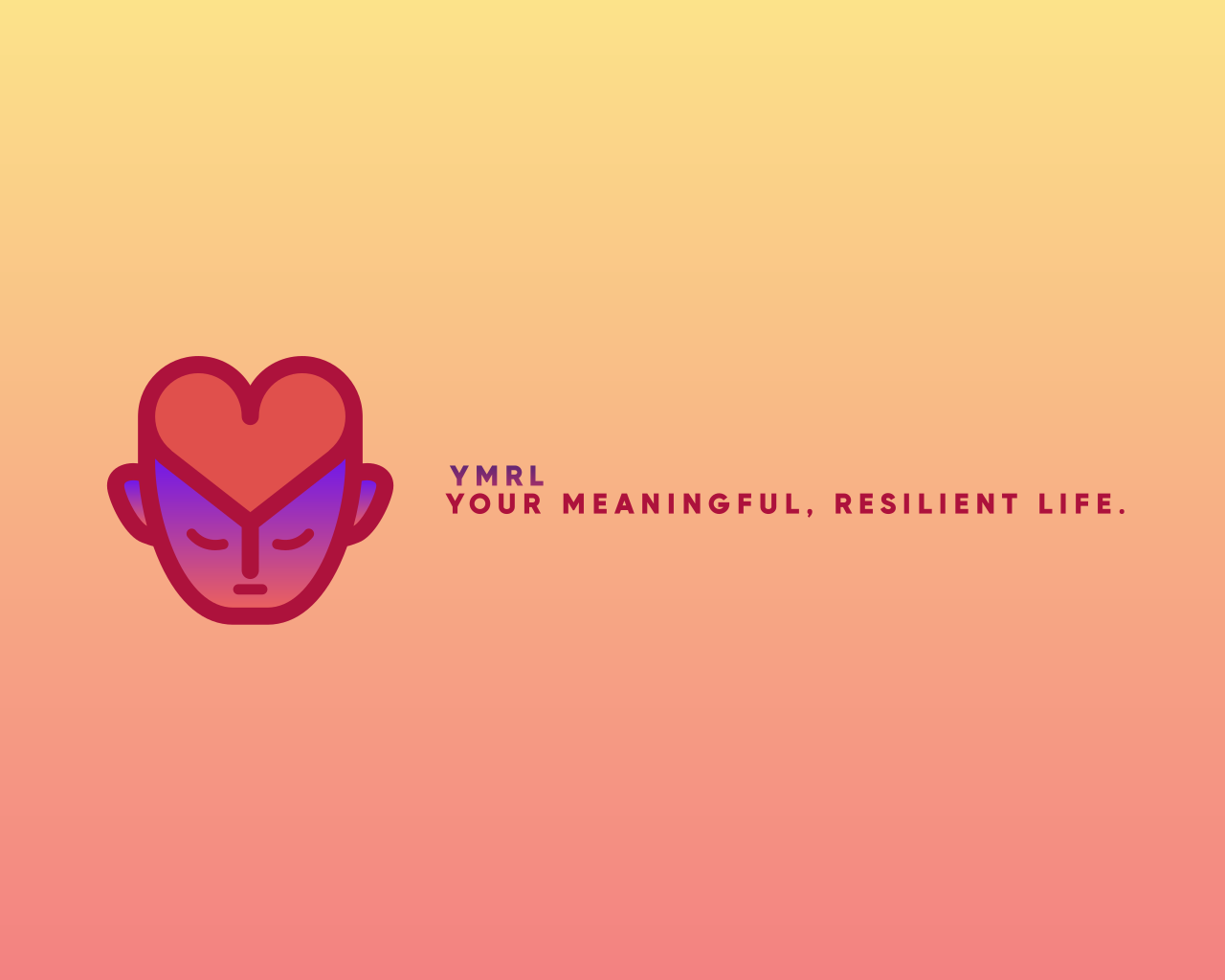The “Puerto Rican” in Me
As a woman of color who has had to navigate environments where defense mechanisms were shaped by the realities of living in marginalized communities, the complexity of my healing journey is further compounded. When I find myself in moments of anger, I am acutely aware of the ways in which I was forced to defend myself in the past come to the surface. The colonization experienced by my ancestors is echoed in the expressions of my rage, adding layers of historical and systemic trauma to my personal experiences.
When did I begin to associate the experience of feeling deep, intense, anger with my identity as a Puerto Rican?
Growing up in environments where survival often meant adopting behaviors and attitudes that were born out of the struggle against oppression, I learned to protect myself using mechanisms that were shaped by the realities of systemic inequality and injustice. This has deeply influenced the way I navigate and express my emotions, particularly anger. I have had to confront the ways in which these coping mechanisms, while necessary for survival in those environments, may not always serve me well in my current context.
In moments of intense anger, I find that the "Puerto Rican" comes out (WTF!), and I am reminded of the generational trauma and resilience that have been passed down through my lineage. I am reminded of the ways in which my ancestors were forced to fight for their survival and dignity in the face of immense adversity. My rage becomes not only a personal expression but also a manifestation of the collective pain and resilience of my community.
Navigating the intersection of my personal healing journey with the historical and systemic context of being a woman of color adds layers of complexity to my self-reflection. I am constantly grappling with the challenge of honoring my history and experiences while also striving to transcend the limitations and traumas that have been imposed upon me by societal injustices.
As a clinician, I recognize that the unique intersection of my identity and experiences shapes my approach to healing, both for myself and for those I work with. It informs my understanding of the profound impact that systemic oppression and intergenerational trauma can have on individuals and communities of color. It also deepens my commitment to creating a space where these experiences are acknowledged, validated, and addressed with cultural humility and sensitivity.
In my journey of healing, I am learning to integrate the complexities of my identity and experiences into a narrative of empowerment and resilience. I am committed to engaging with my anger and pain in ways that honor the historical and systemic context from which they emerge while also seeking pathways to healing and growth that are affirming and transformative. This process requires a deep sense of self-awareness, compassion, and a commitment to dismantling the internalized oppressions that shape my responses to the world around me.
As I continue to navigate the complexities of my healing journey as a woman of color, I am reminded of the strength and resilience that have sustained me, and I am committed to cultivating spaces of healing that honor the fullness of our experiences and identities, acknowledging the profound impact of historical and systemic injustices while striving for liberation and wholeness.
